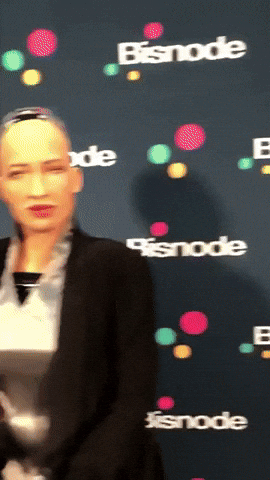Hello hello
It's becoming more and more common for us to talk to artificial intelligences like ChatGPT. And since we're polite people (most of us), we tend to use phrases like "please" and "thank you." But... did you know that could come at a real cost?
Yes, it sounds strange, but let me explain.

What it costs to be kind (with an AI)
Every time we write something to ChatGPT, that information is processed into small units called tokens (think of them as word fragments). So if you write:
“Hi, could you help me with this, please?”
AI isn't just reading what you say, it's also calculated All of this to be able to answer you. And while saying "please" doesn't sound like much, imagine millions of people doing it every day.
According to an analysis shared on ecuavisa.com, those words of courtesy could represent up to $$97 million per year only in processing.

Does tone matter when talking to an AI?
In a recent YouTube video, an interesting experiment was conducted: ChatGPT was asked to solve the same problem, but with three different user styles:
- One very kind
- One neutral
- And one quite rude
The result? The polite user received longer and more detailed responses, but they were also more likely to include errors. In contrast, the rude tone led to shorter, sometimes somewhat curt, responses, but with a lower risk of "fabricating" information.
So… yes, the way you talk to AI can change the way it responds to you!

So how should I write to him?
Although we like to be nice (and that's not a bad thing), the key to getting good answers is not so much in the tone, but in clarityThe more specific you are about what you need, the better the results will be.
For example:
“Explain this to me, please.”
“Give me a summary of this text in 3 paragraphs, using simple language and examples.”
Wharton professor Ethan Mollick explains in an article in Springer that the most useful prompts for AI are those that detail the format and the content expected.

In summary…
Being kind to an AI isn't bad (and even feels nice), but if we want useful results, it's best to be kind. clear, direct and specific.
"Please" and "thank you"? Welcome.
But necessary? Not so much.
And if you're one of those who speaks affectionately to your AI, don't worry... it still hasn't gotten tired of you.


